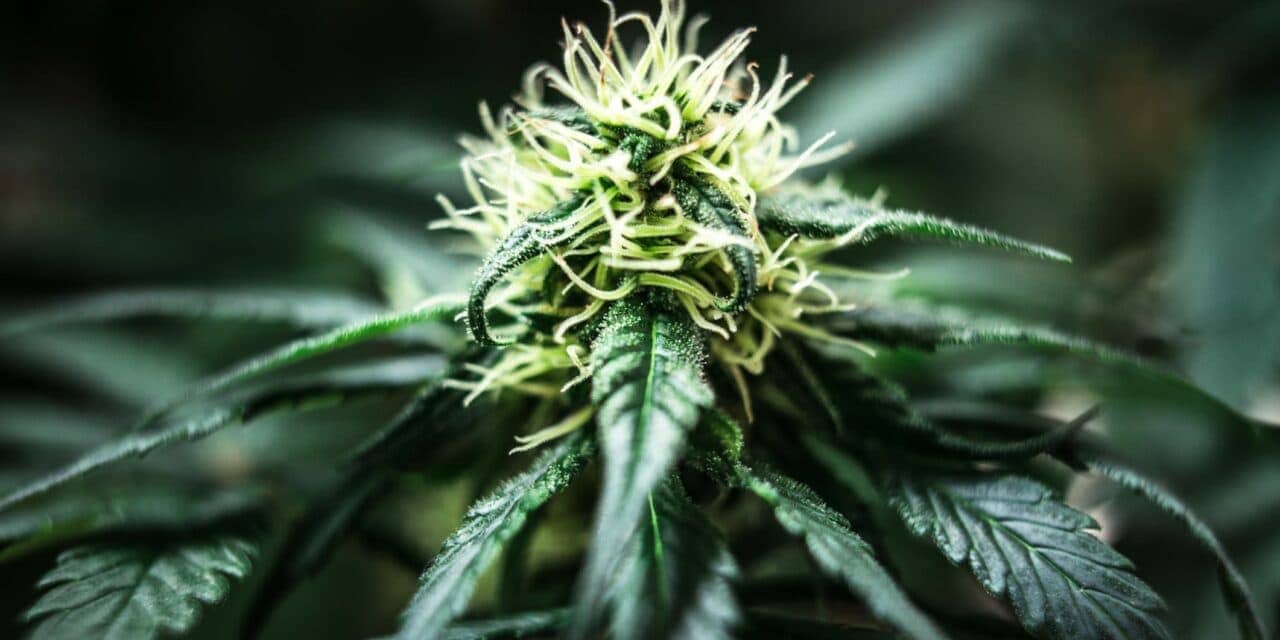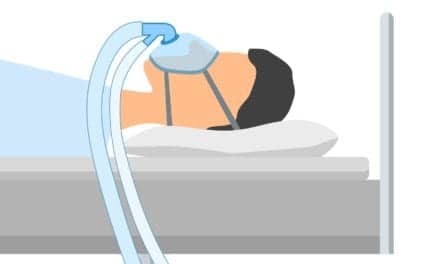Recent cannabis use is linked to extremes in sleep duration, including sleeping less than 6 hours or more than 9 hours per night, according to a new study published in the journal Regional Anesthesia & Pain Medicine.
This pattern was even more pronounced in those who used cannabis 20 out of the previous 30 days, the findings show.
“Our findings highlight the need to further characterize the sleep health of regular cannabis users in the population…Sleep-wake physiology and regulation is complex and research about related endocannabinoid pathways is in its early stages,” the authors say in a statement.
The goal of the study was to see if cannabis use might be linked to nightly sleep duration in a nationally representative sample of adults between the ages of 20 and 59, who had taken part in the biennial National Health and Nutrition Examination Survey (NHANES) between 2005 and 2018.
The researchers looked at reports of difficulty falling asleep, staying asleep, or sleeping too much in the preceding 2 weeks. Other relevant questions included whether they had ever consulted a doctor about a sleep problem and whether they regularly experienced daytime sleepiness on at least 5 of the preceding 30 days.
Survey respondents were characterized as recent or non-users if they had or hadn’t used cannabis in the past 30 days. Sleep duration was defined as short (less than 6 hours), optimal (6–9 hours), and long (more than 9 hours).
Some 25,348 people responded to the surveys between 2005 and 2018, but the final analysis is based on 21,729 who answered all the questions, representing an estimated 146.5 million US adults.
The average nightly sleep duration was just short of 7 hours across the entire sample. Some 12% reported less than 6 hours, while 4% reported more than 9 hours a night. A total of 3132 (14.5%) respondents said they had used cannabis in the preceding 30 days. Recent users were more likely to report not sleeping enough or sleeping too much.
They were 34% more likely to report short sleep and 56% more likely to report long sleep than those who hadn’t used cannabis in the preceding 30 days, after accounting for potentially influential factors.
And they were also 31% more likely to report difficulty falling asleep, staying asleep, or sleeping too much in the preceding 2 weeks, and 29% more likely to have discussed a sleeping problem with a doctor. But recent cannabis use wasn’t associated with frequent daytime sleepiness.
Further analysis of the frequency of cannabis use revealed that moderate users, defined as using on fewer than 20 out of the past 30 days, were 47% more likely to sleep 9 or more hours a night compared with non-users.
Heavy users, defined as using on 20 or more out of the preceding 30 days, were 64% more likely to experience short sleep and 76% more likely to experience long sleep compared with non-users. These findings differed little across the survey years.
This is an observational study, and as such, can’t establish cause, or reverse causality, for that matter.
The researchers also point to several study limitations, including the reliance on self-reported data and the lack of information on cannabis dose. The historical and the historical and ongoing stigma associated with cannabis use may also have affected the responses to questions about cannabis use, they suggest.



